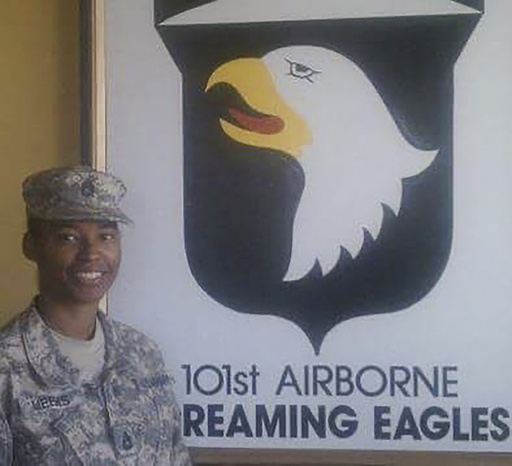
Debate on Women in Combat Resurfaces Amid Hegseth’s Nomination
In the wake of Pete Hegseth’s nomination by President Donald Trump for the role of defense secretary, discussions regarding the participation of women in frontline combat have reignited. Many believed this topic had been settled; however, Hegseth, a former Fox News commentator, has expressed in his writings and interviews that he opposes women serving in combat units alongside men. If confirmed, he might work towards reversing the Department of Defense’s policy, established nearly a decade ago, that permits women to fill all combat roles.
During a recent podcast, Hegseth candidly stated, “I’m straight up just saying we should not have women in combat roles.” He argues that the inclusion of women hasn’t enhanced military effectiveness and has created complications in combat situations. He acknowledges that while women can serve in the military, their roles should not encompass special operations, artillery, infantry, and armored units.
Hegseth’s comments have elicited both support and backlash, prompting responses from various quarters. Lory Manning, a retired Navy captain affiliated with the Service Women’s Action Network, raised concerns about the implications of excluding women from these roles amid current recruitment challenges for the military. The armed services have been facing difficulties in meeting their recruiting goals due to increased competition from the private sector offering higher pay and better benefits, along with a demographic of young people who may lack an interest in military service or fail to meet essential requirements.
Manning pointed out that barring women from certain positions could inadvertently lead the military to lower its standards to recruit men who may not possess the necessary qualifications, such as high school diplomas or clean criminal records. Lawmakers have been divided on Hegseth’s views, with Senator Tammy Duckworth, a combat veteran herself, offering sharp criticism during a CNN interview. Duckworth pointed out that her injuries were sustained during combat, underscoring the disconnect Hegseth seemed to have with modern warfare realities.
Conversely, Senator Lindsay Graham acknowledged Hegseth’s perspective, suggesting that some military roles require a high level of physical strength, yet he recognized and commended women’s contributions and performance in combat roles.
Many military women have voiced their opposition to Hegseth’s outdated and prejudiced views, emphasizing the proven effectiveness of women in various combat-related positions over the last two decades. Erin Kirk, a Marine Corps veteran, stated, “Hegseth’s stances aren’t just regressive; they pose a direct threat to the Department of Defense’s readiness.” She explained that women have competently filled roles such as pilots, intelligence operatives, and infantry personnel.
Hegseth has made it clear that he is not against women serving in combat aviation but believes certain roles, such as those in elite military units, require physical attributes that he feels women may not possess. He has made claims that standards have been lowered to facilitate women’s entry into combat, a point countered by military services asserting that no reduction in standards has occurred.
Historically, the debate over women’s integration into combat roles gained momentum after former Defense Secretary Ash Carter mandated in 2015 that all military positions be opened to women. This decision came after extensive research and recognized that numerous women had already participated in combat situations, leading to injuries and casualties.
Despite opposition from the Marine Corps, which sought an exemption from this order, women have successfully completed rigorous qualification courses and are serving in various capacities, including in special operations and as Army Rangers. Although the statistics of women in these roles are small, they demonstrate a significant presence.
Amid discussions on lowering standards, Hegseth has posited that integrating women into combat has altered unit capabilities. Yet female and male service members alike have voiced their commitment to maintaining high standards in their respective roles.
Manning clarified that while the military does adjust fitness test requirements based on age and gender, job-specific requirements remain constant and gender-neutral. This ensures that all personnel meet the necessary criteria regardless of their gender.
Monica Meeks, a 20-year Army veteran who served in Iraq, echoed similar sentiments, asserting that the nature of modern warfare blurs the lines of traditional combat zones. Asserting that threats can arise anywhere, Meeks emphasizes the necessity for inclusivity in military roles.
